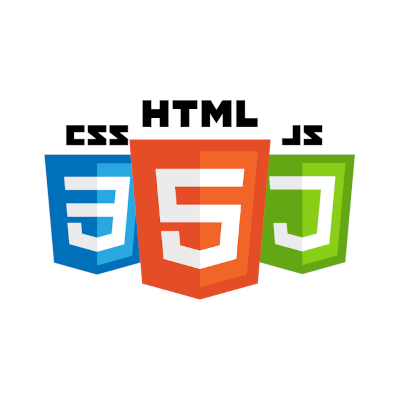No Widget Added
Please add some widget in Offcanvs Sidebar

Availability:In Stock
INTRODUCTION to Full Stack Web Development Bootcamp
You should know that in this course you will be able to learn front-end skills like HTML, CSS, JavaScript, and Jquery and also Backend Skills like PHP, MySQLi, Database(MySQL), CRUD Applications, CMS system (Blog Type of Website), login form, Registration Form, etc.
Why Enrollment for Full Stack Web Development Bootcamp?
Course Bundling:
You should know that we are providing a bundle of courses in one. You will learn Three courses as discussed below with explanation:
You should know that in this course you will be able to learn front-end skills like HTML, and CSS with different examples, Backend Skills like PHP, MySQLi, Database(MySQL), etc.
Why do you Enroll in this Course?
Do you want to become a Professional Web Developer? Then this course is for you. You can make enrollment in this course if you want to become a full stack developer because we will discuss front-end and back-end skills with full practical.
The Full Stack Web Development Bootcamp
Full stack web development is an exciting field that encompasses a wide range of skills and technologies.
The Full Stack web development bootcamp is a complete web development course that covers all essential aspects of web development, from front-end design and development using WordPress to back-end development with PHP and MySQL.
The bootcamp is designed to teach students the skills they need to become full-stack web developers, capable of building fully functional web applications from scratch.
The bootcamp covers topics such as PHP Website development, website backend & Frontend development, and core PHP concepts, providing students with a comprehensive understanding of web development. In addition, students have access to a full PHP course that covers advanced topics such as database management, session management and security.
We will Provide:
Outlines for this Web Development Course:
What is HTML & CSS?
HTML and CSS are two of the most fundamental languages used in web development. HTML stands for “Hypertext Markup Language” and is used to structure content and define the layout of a web page.
It provides a foundation for web pages, including headings, paragraphs, images, links, and more. CSS, or “Cascading Style Sheets,” is used to style and format the content created with HTML, including colors, fonts, layouts, and other design elements.
Together, HTML and CSS form the backbone of modern web design, providing developers with the tools they need to create beautiful and functional web pages.
HTML and CSS are relatively easy to learn, making them accessible to beginners and experienced developers alike. Additionally, both languages are supported by a wide range of web browsers and devices, making them compatible with most platforms and ensuring that web pages look consistent across different devices and screen sizes.
What is PHP?
PHP is a popular and versatile server-side scripting language that is widely used in web development. PHP stands for “Hypertext Preprocessor” and is an open-source language that is supported by a large and active community of developers.
It is designed to create dynamic and interactive web pages that can be used to build websites, web applications, and content management systems.
PHP can interact with various databases, such as MySQL, and can be used with other technologies like HTML, CSS, and JavaScript.
What is MySQL?
MySQL is a popular and reliable relational database management system that is used by many businesses and organizations around the world.
It is designed to handle large amounts of data and offers numerous features that make it an essential tool for managing data. MySQL is easy to use and can be integrated with various programming languages and frameworks, making it a versatile solution for web development.
With its robust security features, MySQL ensures that data is kept safe and secure from unauthorized access.
Additionally, MySQL offers features like data replication and clustering, which make it highly scalable and capable of handling large workloads.
What is MySQLi?
MySQLi, or MySQL improved extension, is a PHP library that allows for secure and efficient communication with MySQL databases.
It is an updated version of the original MySQL extension, which has been deprecated since PHP version 5.5.0.
MySQLi offers numerous benefits over the original extension, including support for prepared statements, which can help prevent SQL injection attacks, and improved performance through support for asynchronous queries.